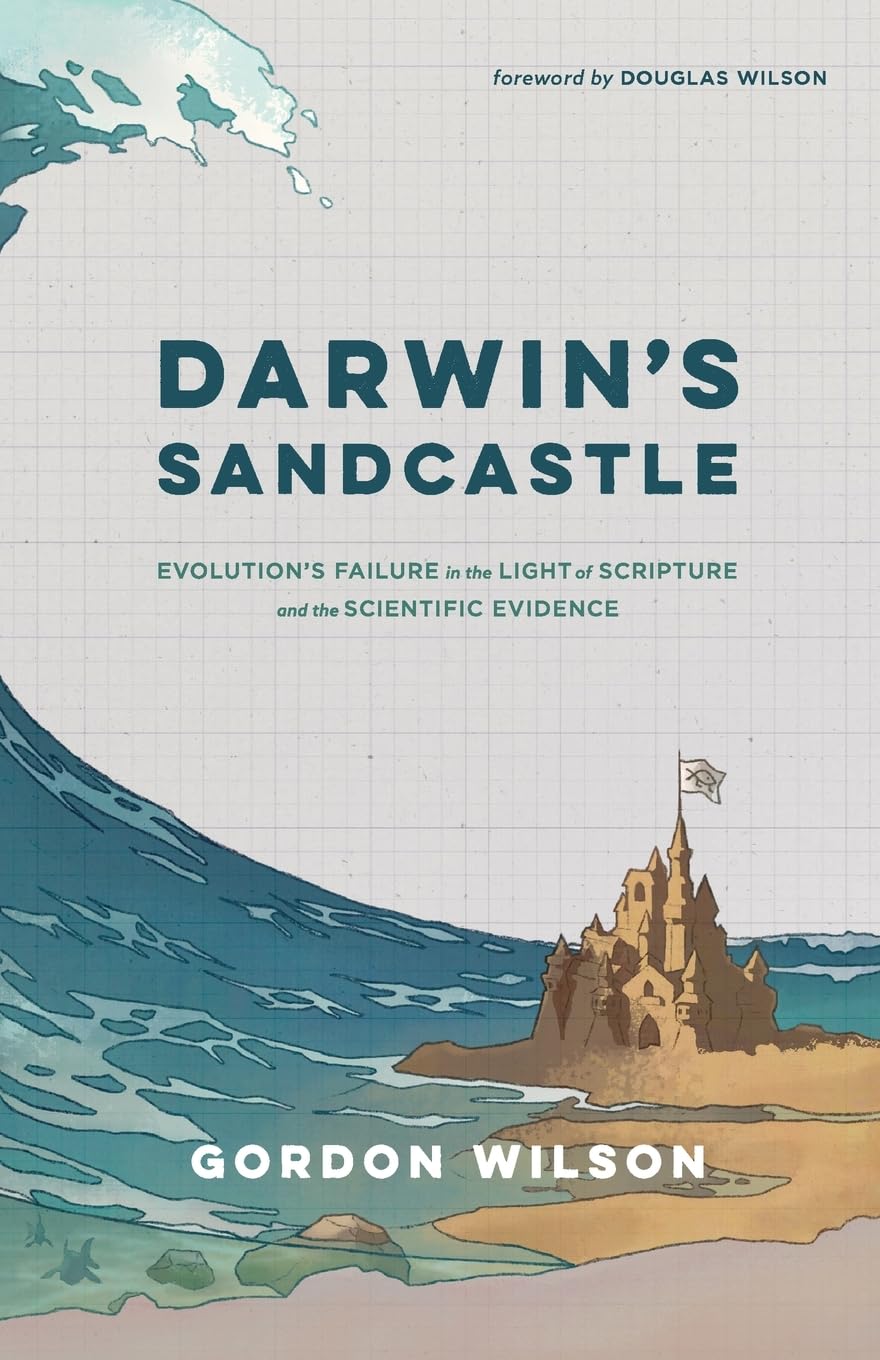Dialogue 2004 #1
One of the “top arguments” against the creation world view is the well-documented development of insect resistance to insecticides. Many Neo- Darwinists claim that the historical development of pesticide resistance in insects is actually one of the strongest evidences of Neo-Darwinian evolution by mutations: “Insects that survived insecticides did so by helpful genetic mutations, and thus they bred a new generation that was not brought down by the farmers’ poison” (Larry Witham. 2002. Where Darwin Meets the Bible. Oxford University Press p. 78) Read the rest of this entry »
We might suppose our technology is first class. With computers, satellites and precision devices, our society happily adapts to ever more sophisticated machines. Each achievement provides the platform for new uses of technology and further inventions. Rather than giving thanks for these insights, all too often we pride ourselves for our knowledge. Read the rest of this entry »
Junior high and high school students wonder what difference it makes whether the universe came about through a long process or whether God spoke all things into existence a relatively short time ago. The main thing, many suggest, is that we are here. Details are irrelevant, so why the big fuss over origins? Read the rest of this entry »
Once the heady days of the moon landings had faded into history, many people grew bored with space exploration. Some Christians even concluded that the main objectives were atheistic or evolution-based anyway, so why should we support such endeavours?
It is certainly true that the main objectives for exploration of the solar system are based on evolutionary preconceptions. According to longtime NASA scientist Dr. Robert Jastrow, exploration of the moon initially did not seem very interesting to the NASA planners. In his 1989 book Journey to the Stars, Dr. Jastrow declares that the top people at NASA “were not terribly interested in the moon at that time, in fact, from a scientific point of view they did not know it existed …” (p 12). This was certainly strange when one considers that the mandate for the fledgling organization was to launch the US into space as soon as possible, and to explore what was there. Read the rest of this entry »







